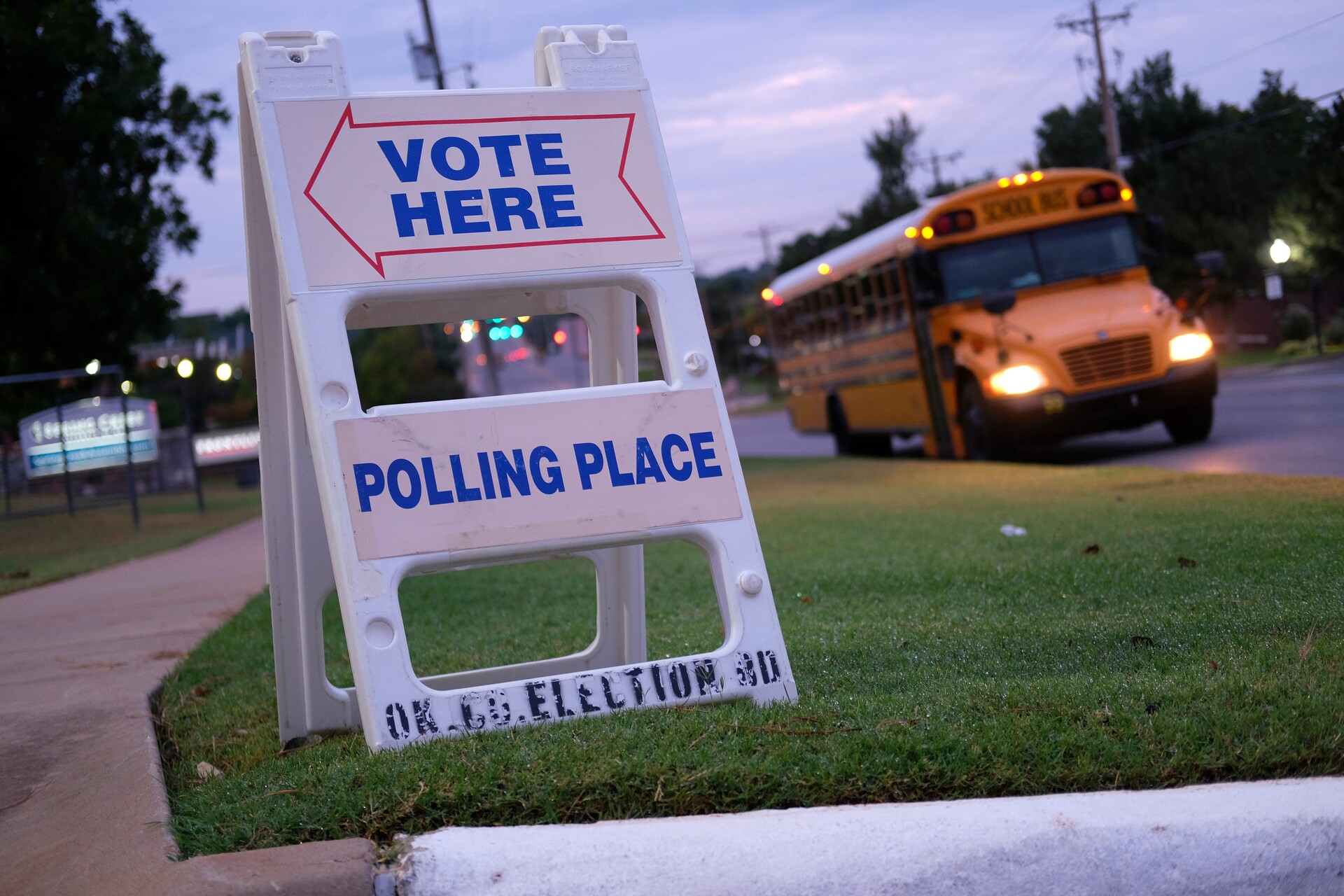California is the online gambling industry’s white whale. Operators have long sought to find an entry point to the country’s most populous state and the world’s fifth largest economy.
The industry has discovered the state’s entry points are expensive, tightly sealed, and well-guarded by a trio of entrenched and powerful gaming interests and a political machine that must be experienced firsthand to understand its many intricacies.
The online poker industry was the first group drawn to California’s shores by its siren song. The online poker industry was the first to come calling in the late 2000s. California welcomed the industry (and its money) with open arms. The state masterfully played the role of Lucy for a decade, pulling the online poker football out from under Charlie Brown every year but always promising next year would be different. Spoiler alert: Next year wasn’t different.
Now it’s sports betting’s turn to experience California firsthand.
California’s Dueling Sports Betting Propositions
The November ballot will feature two paths to legal sports betting in California. The tribal-backed Prop 26 would allow retail sports betting at tribal casinos and racetracks. Prop 27 has the support of commercial gaming operators like FanDuel, DraftKings, and BetMGM and would allow online and mobile betting.
Here’s how the two ballot propositions will be presented to California voters:
A YES vote on this measure means: Four racetracks could offer in-person sports betting. Racetracks would pay the state a share of sports bets made. Tribal casinos could offer in-person sports betting, roulette, and games played with dice (such as craps) if permitted by individual tribal gambling agreements with the state. Tribes would be required to support state sports betting regulatory costs at casinos. People and entities would have a new way to seek enforcement of certain state gambling laws.
A NO vote on this measure means: Sports betting would continue to be illegal in California. Tribal casinos would continue to be unable to offer roulette and games played with dice. No changes would be made to the way state gambling laws are enforced.
A YES vote on this measure means: Licensed tribes or gambling companies could offer online sports betting over the Internet and mobile devices to people 21 years of age and older on non-tribal lands in California. Those offering online sports betting would be required to pay the state a share of sports bets made. A new state unit would be created to regulate online sports betting. New ways to reduce illegal online sports betting would be available.
A NO vote on this measure means: Sports betting would continue to be illegal in California. No changes would be made to the way state gambling laws are enforced.
What Prop 26 Is Really About
The fight appears to be centered around the structuring of sports betting in California. A choice between retail-only sportsbooks through California tribes or online sports betting via partnerships between commercial operators and tribes. For those of us who have been around since the online poker fights (and were fooled for years), we understand that for the tribes, it’s not about sports betting.
For California’s gaming tribes supporting Prop 26, sports betting is a Trojan Horse. And the tribes have done a fantastic job of keeping the focus on sports betting.
Prop 26 proponents have done a great job of minimizing coverage of two core objectives of 26:
1) Expanding the games tribal casinos can offer.
2) Adding a powerful enforcement weapon against cardrooms.
Sports betting is arguably a sideshow here.
cc @Eggernomics https://t.co/S2hctzTuMr
— Chris Grove (@OPReport) August 23, 2022
These added elements help explain why sports betting couldn’t pass through legislative channels. Tribes wouldn’t support a bill that cut any other entities into mobile wagering, and I’m not sure it would support retail sports betting on its own, as it would lose a significant leverage point to achieve its other goals.
Yes, California gaming tribes would love to offer sports betting at their properties and pave a path for expansion into the online sports betting space. Even more than that, they would love to offer popular casino games that are currently prohibited in the Golden State, like craps and roulette. Tribes would also love to be able to turn the legal screws on California card rooms.
Prop 26 accomplishes both of those goals. Retail sports betting at tribal casinos is just the cherry on top. Still, more importantly, it opens the door to addressing two significant issues that have rankled California tribes for years.






